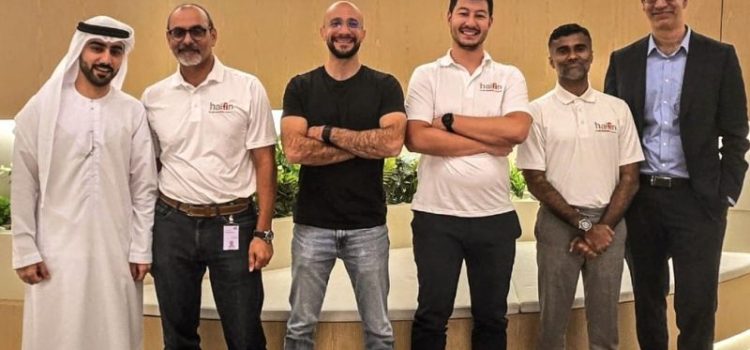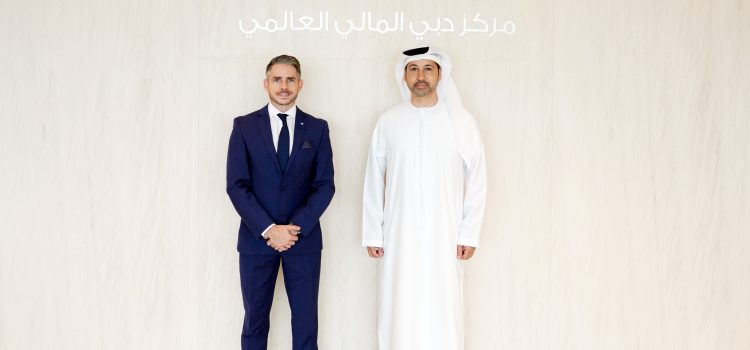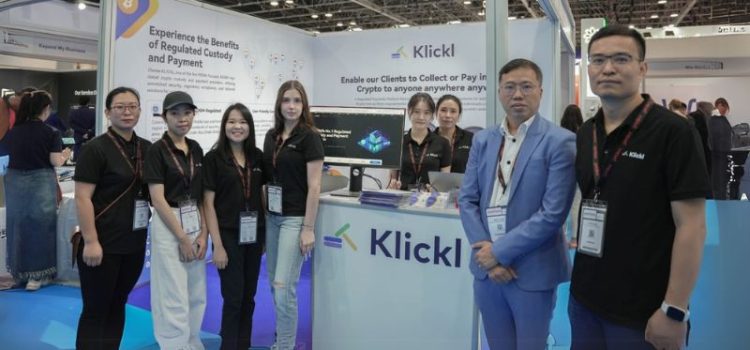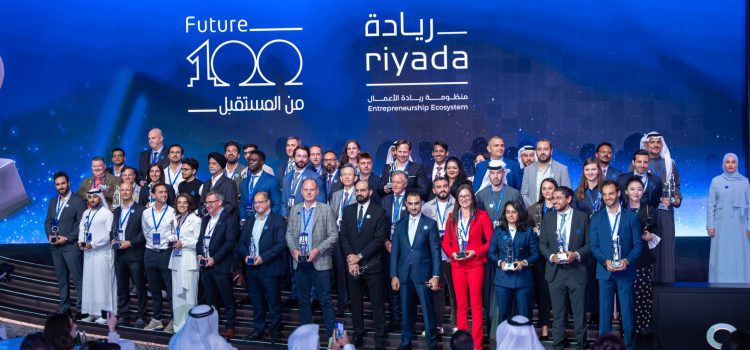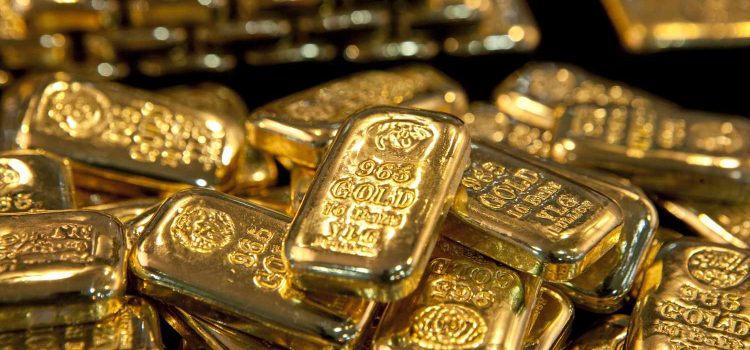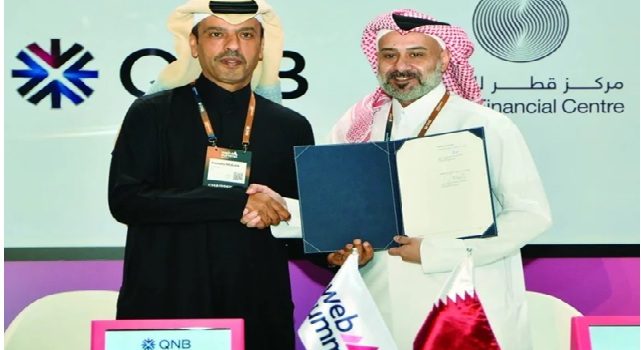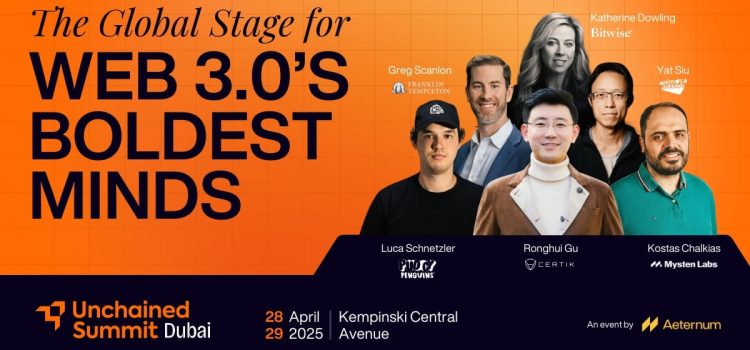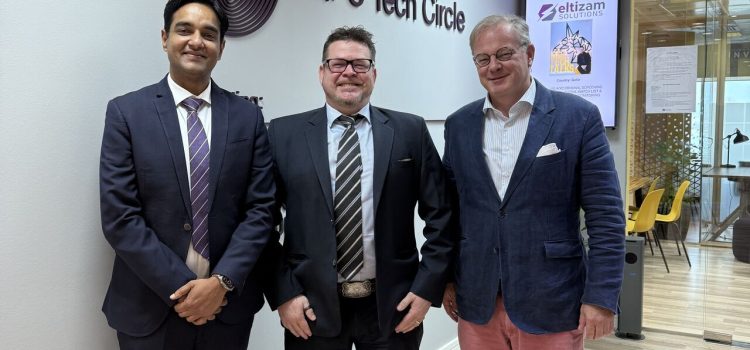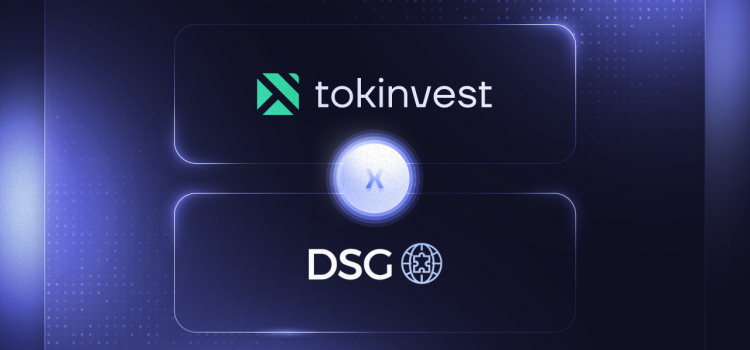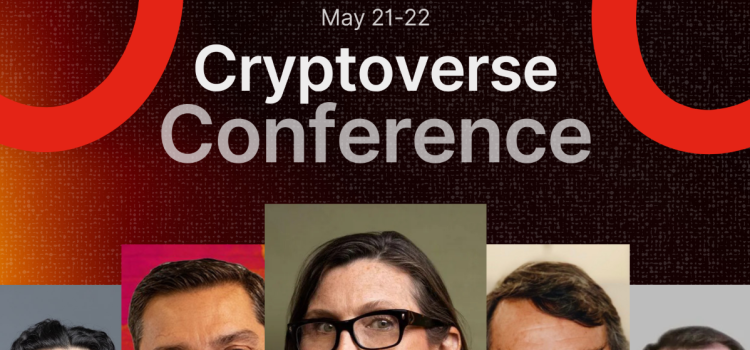Dubai is set to host Unchained Summit 2025, a highly curated gathering of leaders and innovators in Web 3. Scheduled for April 28 – 29, 2025, at Kempinski Central Avenue, the summit will serve as a platform for in-depth discussions and meaningful connections, bringing together key voices influencing the evolution of Web 3.0 globally.
Dubai has established itself as a hub for Web 3.0, driven by a proactive regulatory framework and a growing ecosystem of innovators. With clear policies supporting blockchain development and oversight from entities like the Virtual Asset Regulatory Authority (VARA), the city has become a key destination for Web 3.0 companies looking to scale globally.
Unlike large-scale conferences that prioritize hype, Unchained Summit is designed for high-value, strategic networking. It brings together key decision-makers and curated investor-startup connections, ensuring that emerging Web 3.0 projects engage directly with leading VCs actively seeking new ventures.
Beyond networking, the summit features high-impact discussions on institutional adoption, regulation, blockchain infrastructure, payments, and scaling. Investors gain direct access to promising startups, while builders and innovators connect with industry leaders who understand blockchain’s complexities and are ready to explore solutions that drive real progress.
A Powerhouse Speaker Lineup:
The summit will showcase an impressive lineup of speakers, including:
- Ronghui Gu, Co-Founder, CertiK
- Sreeram Kannan, Founder & CEO, EigenLayer
- Luca Schnetzler, CEO, Pudgy Penguins
- Katherine Dowling, General Counsel & Chief Compliance Officer, Bitwise Asset Management
- Greg Scanlon, VP, Franklin Templeton Digital Assets
- Yat Siu, Co-Founder & Executive Chairman, Animoca Brands, and many more.
Unchained Summit will also see participation from major industry players such as Bitwise Asset Management, Franklin Templeton, PayPal, and CertiK, alongside some of the most prominent investors in Web 3.0. Leading venture capital firms, including Fenbushi Capital, Hypersphere Ventures, Lemniscap, and Big Brain Holdings, will be in attendance, actively scouting for high-potential projects and investment opportunities.
Talking about enhancing security protocols in a dynamic landscape, Ronghui Gu, said, “In the fast-evolving blockchain space, security protocols must continuously adapt to emerging threats. Recent incidents, such as the Bybit exploit, underscore the urgent need for proactive risk management. CertiK’s approach — combining continuous monitoring, real-time threat analytics, and rigorous smart contract audits — ensures vulnerabilities are identified and mitigated before they can be exploited. This commitment to dynamic security sets an industry benchmark and offers an interesting topic for discussion at Unchained Summit.”
Sharath Kumar, CEO of Aeternum, organizer of Unchained Summit, emphasized: “April is a buzzing month for Web 3.0, with Dubai hosting numerous events. However, the sheer volume often dilutes quality and impact. At Aeternum, we are committed to standing out by curating an event that connects high-potential startups with serious investors. Unchained Summit prioritizes funding opportunities for new projects, bringing together the region’s most influential VCs, institutional investors, and policymakers. By combining strategic networking with high-impact content, we ensure that founders meet the right backers to accelerate growth and drive real innovation in Web 3.0.”
Tickets to the event are available on the official website: unchainedsummit.com









